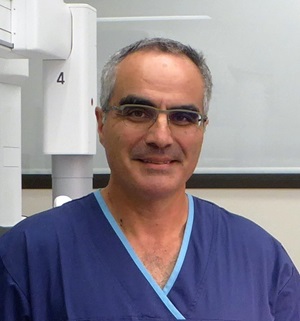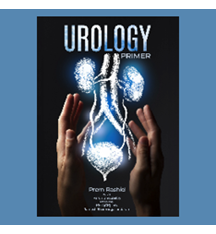2023 | Volume 24 | Issue 2
Parity for Māori surgeons by 2040

Professor Jonathan Koea has ambitious plans for Māori health and RACS.
Rather than stepping into the newly created role as Māori Trainee Liaison Lead for RACS, he’s taking it at a sprint.
Professor Koea took on the role, which is funded by the Foundation for Surgery in November 2022 but already he has a clear idea of what needs to be achieved. That includes increasing the proportion of Māori surgeons, so they match the proportion of Māori in the general Aotearoa New Zealand (AoNZ) population. The aim is to train 150 Māori surgeons by 2040 in time for the bicentenary of Te Tiriti o Waitangi, Treaty of Waitangi.
“This is an ambitious goal for the College, but we are committed to it,” he says.
At present there are approximately 15 Māori surgeons practicing in Aotearoa New Zealand. That’s about two per cent of all surgeons in AoNZ. Māori, on the other hand, make up 17.2 per cent of the population, according to Stats NZ figures from June 2022. For Māori surgeons to achieve parity, there would need to be close to 140 practising in AoNZ.
That might seem like too much of a gulf to bridge in under 20 years, especially when it takes around 15 years to train a surgeon from the first year of medical school to surgical accreditation. Yet progress is already well underway.
There are currently 30 Māori surgical Trainees across five of RACS nine specialties—this is the highest number seen in RACS history. And the Māori Health Advisory Group has initiatives in place and is exploring more, to keep the momentum up and encourage the best and brightest Māori doctors into surgical careers.
Professor Koea (Ngāti Mutunga, Ngāti Tama) is Professor of Surgery at the University of Auckland and head of the Upper Gastrointestinal Unit at North Shore Hospital. When he first finished his surgical training, he was the only Māori general surgeon in the country.
A significant part of his professional contribution to surgery has been working to improve the health of the Indigenous communities in both AoNZ and Australia. That includes through the College’s Māori Health Advisory Group—an offshoot of RACS binational Indigenous Health Committee. He has been a member of the group since its inception half a decade ago.
If health outcomes for Māori patients are what is important, why is Professor Koea, and the Māori Health Advisory Group, so focused on increasing the number of Māori surgeons?
Because Māori doctors better understand the health needs of Māori patients, he says.
“Māori doctors bring a lot—they are culturally grounded and skilled in reaching and understanding Māori communities. They often come from different backgrounds from the average surgeon. Sometimes they have encountered greater challenges along the way. That can mean they’re better at solving problems. They are driven and focused.”
Professor Koea equated the understanding among RACS of the need for more Māori doctors to the now well accepted view of the benefits of having more women in surgery.
“Our College has moved [its thinking] and really understands the strengths that come with diversity.”
Women Trainees now account for about a third of all surgical Trainees; double the proportion of women who are active Fellows.
So that’s the why but what about the how?
One initiative that has been in the works for some time is a collaboration aimed at encouraging Māori secondary school students into surgical careers. Working with Pūhoro, which launched in 2016 to increase engagement of Māori in STEMM-related career pathways (science, technology, engineering, mathematics and mātauranga Māori), surgeons present at careers expos and offer interactive activities to give Māori college students a feel for surgery.
The Māori Health Advisory Group is also working with medical schools and hopes to strengthen its relationship with Te Aka Whai Ora, the Māori Health Authority, to look at more long-term planning for the Māori healthcare workforce.
As the Māori Trainee Liaison Lead, Professor Koea plans to reach out to each and every Māori Trainee to see where they need support. Those who are interested will be paired with a mentor. He is also speaking to Te Rau Puawai, which aims to build the Māori mental health workforce in collaboration with Massey University, to see how its success can be replicated for surgery.
Whether you’re a Māori surgeon, Trainee or someone thinking about a surgical profession, Professor Koea has a message for you.
“We are here to help. Kōrero mai.”

